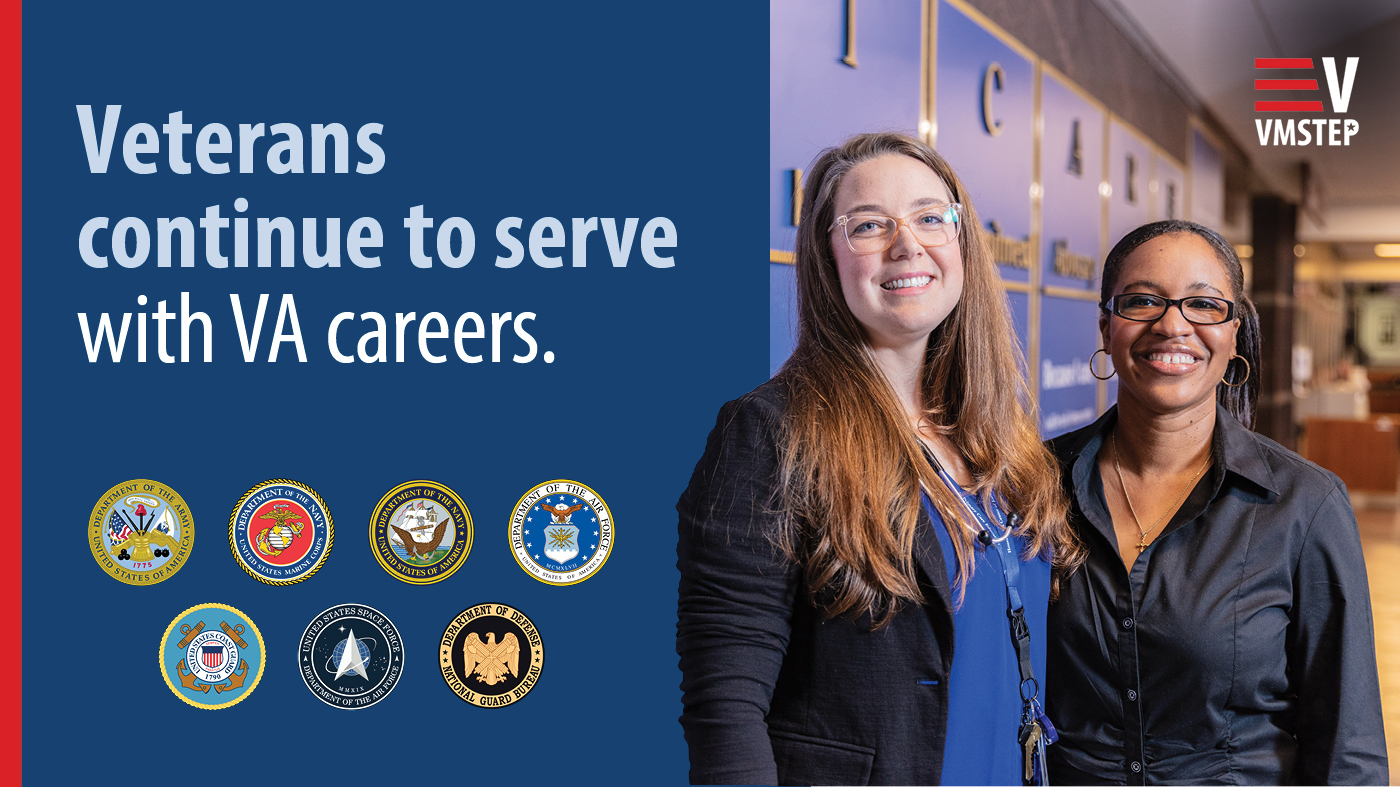I wrote about how we can learn from the success that we have in the military and continue with that success by using the same warrior approach. Today I touch on the next step; Identify skills, education and experience.
One of the most challenging tasks for a Veteran is to convert skills attained and honed to near perfection in the military and translate them to demonstrate relevant expertise in the private sector. All too often a Veteran reads job announcements and thinks: “I can do that! If I could just get the chance to prove it, I would be the best. That’s very close to what I used to do in my job in the military.” The Veteran throws together a resume and shoots it over with the 100 other resumes the employer received. Days or weeks later, the Veteran wonders why they didn’t get a call.
Let’s look on the other side of the desk for a moment. Mr./Ms. Hiring Manager comes into work, grabs some coffee, checks e-mail and messages, replies to some customer concerns and directives from the boss, then puts out any fires thrown their way from last night when they left the office. Then they grab the file of resumes received for the open job position, and see that there are about 100. After a while they start to blend together. Names, catchy phrases, different formats. Being as the manager was never in the military, acronyms, words and phrases like MOS, ASVAB, QT, 13F, Airborne, SITREP, Click, CIB, cattle car, stand too, jump master, Soldiers Board, PAC, and S-2 mean nothing.
Now most hiring managers have met “those that came before us.” It is our older Veterans, brothers and sisters that set the example for us to follow. They smooth the way to demonstrate leadership, critical thinking, loyalty, endurance, problem solving, and mental toughness that made Veterans desirable employees. However, as time has progressed, it has become more important to demonstrate our skills. Gone are the days of getting out of the military to take over the farm or the family business. Today we need to demonstrate our skills, education, and experience.
No one can better describe what you are good at than you! If you’re having a tough time with that, ask your Mom; then your Dad. Somewhere in the middle is reality. Of course, your spouse can tell you a few insightful things about you, as well. Now, after you get over the truth; pay attention to the good things they told you and put it on paper. Think “measurable results.” What have you done better than others? What are you good at? Can you measure it? Is it relevant to a career? Who can speak well of you that will matter to a future employer? Do you need to add to your experience and education?
“It is not enough to know an artist’s works. One must also know when he did them, why, how, in what circumstances. … I attempt to leave as complete a documentation as possible for posterity. ” – Pablo Picasso
After you have done a preliminary review by jotting down all your key points, start organizing and documenting your abilities. Remember, a résumé has but one purpose: to get an interview. Most resumes will be reviewed by a recruiter before the hiring manager even gets a chance to review yours. That is why it is important to treat each application as your only one. It is better to tailor your resume to each job than to waste time applying for positions that you cannot clearly identify HOW you are qualified for. If you did not take advantage of the Transition Assistance programs before you got out of the service, see if you still can at a local base or visit VetSuccess, http://www.fedshirevets.gov/, Department of Labor, or local employment offices. There are many resources for you. Here is another sample resume.
Include your education. If you used your benefits and have a great education, then be sure to highlight it on your resume. If not, visit http://www.gibill.va.gov/ and see if you have remaining educational benefits. You may also want to check out options with Vocational Rehabilitation and Employment Program. Just be real, demonstrate what you have, where you are and how you are improving. Then list ALL your trainings in everyday language. Make sure to translate each course you took. There are several translators that can assist with that; here and here are some samples.
Be sure to add a cover letter and, in it, point out the key qualifications from the job posting. It does not have to be fancy, just correctly written and formatted. Make sure to review your work and have others offer suggestions for improvements.
Lastly, take your improved resume and print it on quality paper, or any paper, if necessary. Then take it to where you want to work and ask if someone could review your resume and offer any suggestions. Let them know your goal is to work in xxxx or for them as a xxxxxx. Who knows, maybe they will interview you on the spot.
- Identify skills, education and experience.
- Decide what you are qualified to do.
- Prepare Resume.
- Continue education if necessary.
- Plan your work- work your plan.
- Network with everyone.
- Use all resources.
- Dress to impress.
- Follow-up.
- Stay motivated, motivate others.
- Volunteer or get a part time job.
- Return the favor when it’s your turn.
*This blog has been edited to reflect updated links and photos.
Topics in this story
More Stories
You had questions, we had answers. Take a look at the information and advice we shared that had the most impact with readers in 2024.
For Veterans, the mission does not end when the uniform comes off. VA careers offer opportunities to serve while building fulfilling civilian careers.
Whether it’s access to the great outdoors or a calmer pace in your everyday life, you can find it in rural VA communities around the country.







